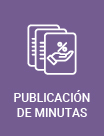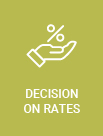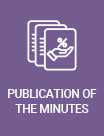Multiple Policymakers and the Social Value of Public Information
In most economies, macroeconomic policy is conducted by two or more independent authorities. In general, each policymaker has a different piece of information about the state of the economy, and this information is different from the one held by the private sector. We extend the model of James and Lawler [2011], of asymmetric and imperfect information, to account for the existence of two independent policymakers. The active policymakers can choose optimally what policy rule to follow, what information to share with the other policymakers, and what information to share with the public. This paper studies the social value of public information when the policymakers are active. We find that improving the quality of the signals transmitted to the private sector can increase the expected value of welfare. If both policymakers seek to maximize expected welfare, full information sharing between authorities achieves higher expected welfare than no information sharing at all.














.png)




































